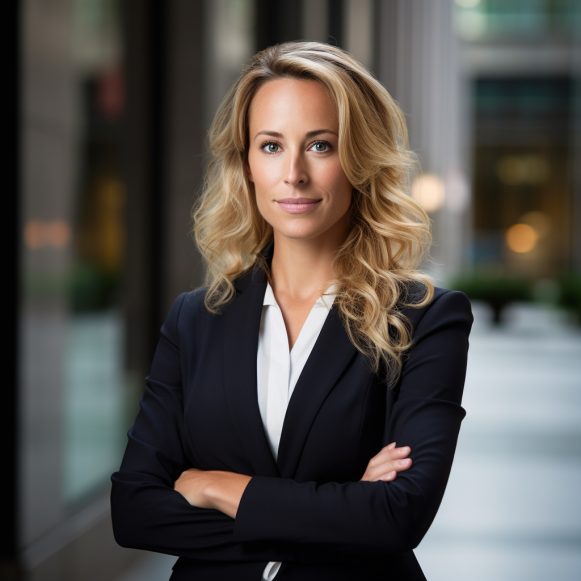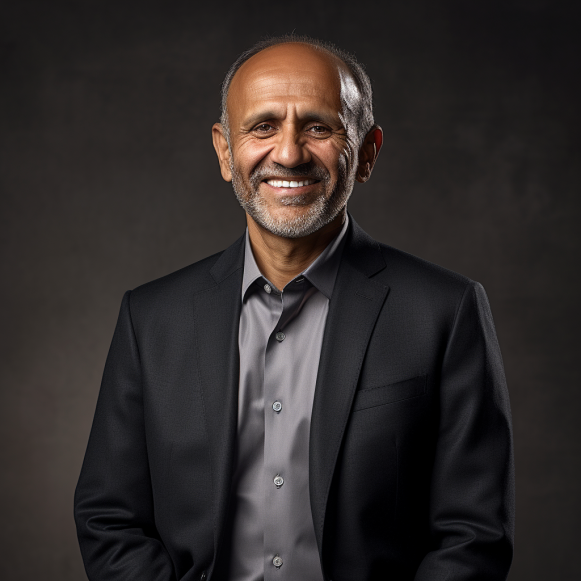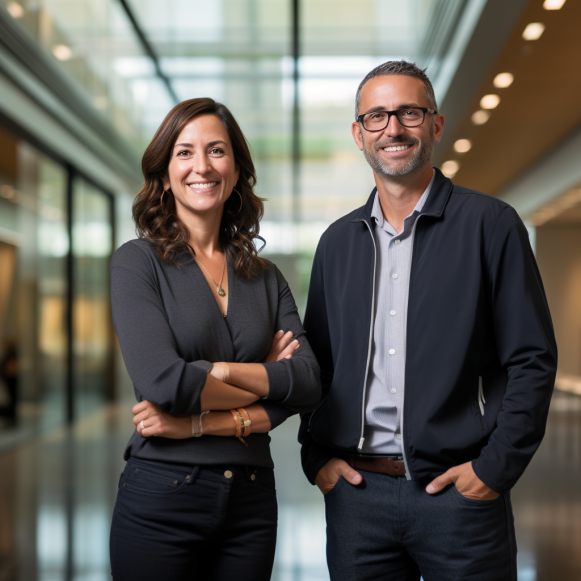Founder-turned-investor Liz Wessel worked with more than 100 startups during her time at YC. Now, she’s First Round Capital’s newest partner.

- Liz Wessel left Y Combinator to become a partner at First Round Capital.
- Wessel has coached dozens of early-stage startups as a YC group partner and angel investor.
- Here’s what she looks for in a seed-stage startup to succeed in this current market.
Liz Wessel has heard her fair share of startup pitches during her tenure as a founder.
The venture capitalist and angel investor has personally backed over 40 startups and coached over 150 startups as a group partner at Y Combinator, where she joined after WayUp, the HR-tech startup she cofounded and led, merged with Yello.
But, after seven years of side-hustling founders, she was ready to make it her full-time job. “I loved picking and investing in companies, but I had zero time to help the companies, because I was full-time working on my own company,” she told Insider in a statement.
Wessel is now full-time investing and advising founders, having joined the early-stage venture capital firm First Round Capital as the team’s newest investment partner.
Wessel’s experience as a founder is part of her “secret sauce” as an investor: she cofounded WayUp in 2014 with JJ Fliegelman when she was only 23, after leaving her position as a product marketing manager at Google.
The two increased the early-career recruiting platform’s user base to over 7 million people. She and Fliegelman graduated from Y Combinator’s 2015 class and successfully merged the company with Yello in 2021 for an undisclosed sum after raising more than $40 million in venture capital funding.
During the majority of her time scaling WayUp, she was also angel investing in startups from her network that she identified as potential game changers. And she clearly had a good eye: among the seed-stage startups she backed are the healthcare unicorn Ro, the corporate credit card unicorn Ramp, and the AI application developer Scale AI, which is now valued at $7.3 billion.
Wessel had met many of the First Round Capital partners while she was still the CEO of WayUp. After counseling startups at the idea stage for over a year at YC, the firm’s distinct focus on seed investment was right up her alley. She revealed that Y Combinator’s managing director Michael Seibel personally advised her on her decision to pursue venture investing full-time.
“I realized that I loved the picking and investing piece while angel investing, and I loved the helping piece while at YC,” she explained, “and you know what kind of job that would be?” That is essentially venture capital.”
Wessel stated that she is “absolutely” applying lessons from her time at Y Combinator to her new role, both from her own coaching experience and from seeing what works from a leadership perspective when a seed-stage company begins its journey.
“I think what YC does exceptionally well is because they’re investing so early, they invest in the team way more than the idea,” she was quoted as saying.
“90% of the reason I’m going to do investments is because of the team, and 10% is because of the idea or space that they’re working on.” That is exactly how I intend to invest in the future.”
Among the founder cohorts, Wessel earned a reputation as a “go-to-market whisperer” when it came to advising companies based on her own entrepreneurial experience during the year she was there.
Even after leaving YC, she has continued to coach startups from her batches on how to best grow their customer base: one such startup, a construction startup, she told Insider, is still listening to her advice.
“The founders came from that industry but happened to be software engineers,” she explained, adding that they brought domain experience but lacked sales experience. During the batch, she assisted them in “explaining what they do” to potential new customers, and she still meets with the team once a month, she said.
Given the increasingly precarious state of the seed market, she will seek startup founders who are particularly knowledgeable about their customer base and have “strong business fundamentals,” she said. “I think right now, most, not all, but most companies are needing to show more meaningful growth to raise their Series A.”
“Whether that’s 100X year over year growth, or expansion into new markets, you need something that really shows that you’re starting to get that hockey stick, or that you have signs of a hockey stick coming,” she went on to say.






